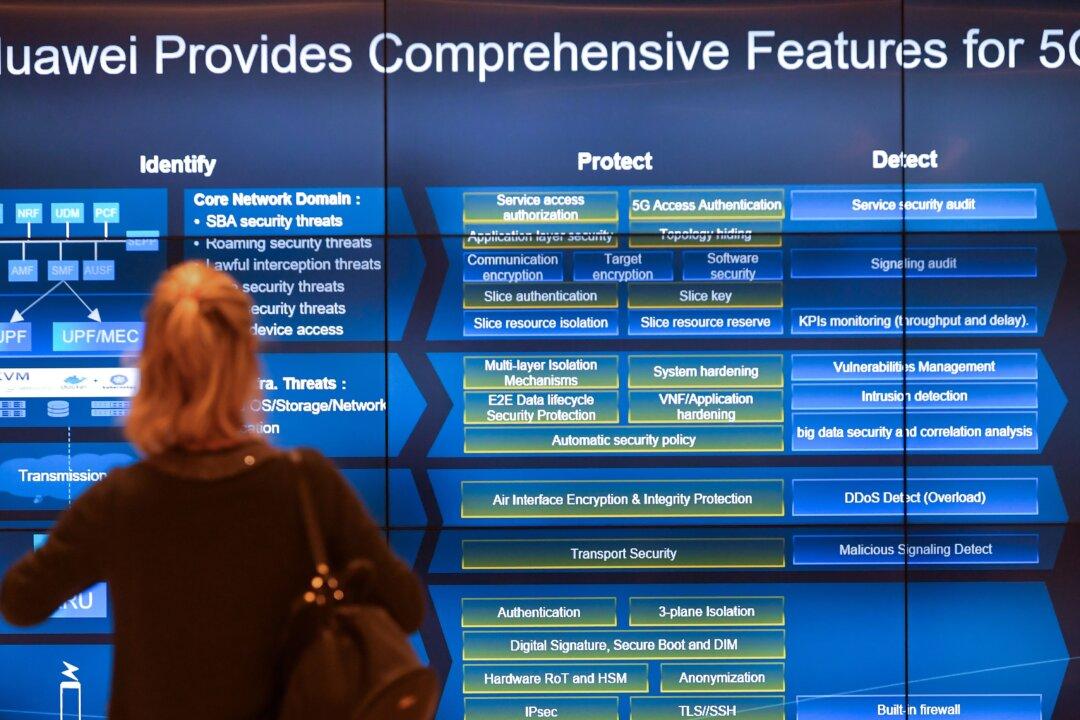In Norse mythology, the one-eyed god Odin saw all of the daily events of mankind when he sat on his throne each night, listening to the reports from his two ravens—Thought and Memory—with one raven whispering the activities it saw, while the other explained their meaning.
In 2019, China believes it’s a dozen years away from achieving the technological equivalent of Odin’s all-world vision in gaining knowledge of human activities, no matter how mundane or scattered, in near real-time.





